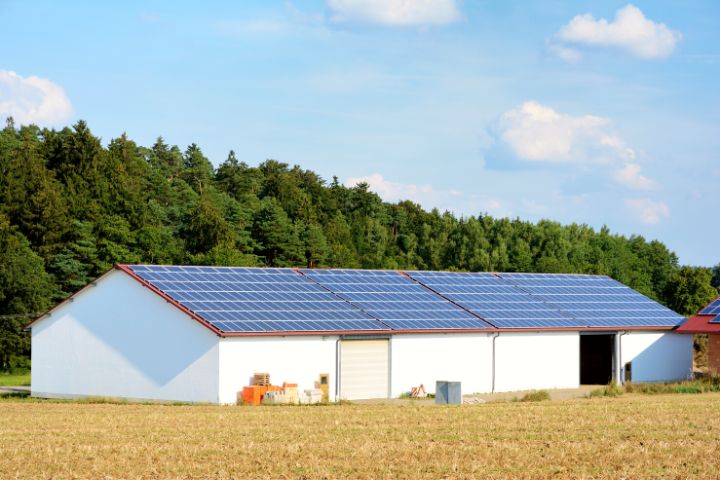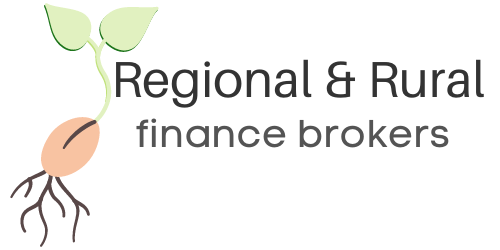Hobby Farm Loans | All you need to know about financing your rural adventure in Australia
The desire to leave the big smoke and escape to the country is a common one for many Australians. Buying a hobby farm is a good option for achieving this tree-change dream! While hobby farms, from a personal point of view, are a place of relaxation and connection with the land, they can be a grey area for banks and financial institutions.
Disclaimer: this article provides a general overview of hobby farm loans. For individual advice, please contact our rural mortgage broker.
From a financial point of view, “hobby farm loans” do not exist as a stand-alone category. Rural loans will typically follow under ‘residential loan’ or ‘commercial loan’.
So, if you want to buy a hobby farm, it’s important to know which category you may fall under and what are the main differences between a commercial and a residential loan.
In our experience as rural mortgage brokers, most people who look at buying a hobby farm are not interested in running a full-time business operation and would rather apply for a residential loan rather than a commercial one. Nevertheless, when banks look at rural properties, there are things they will consider in order to determine if you can be eligible for a residential or commercial loan.
So, how do these types of loans differ?
Residential vs Commercial Mortgage for Rural Properties
Size of the block
For hobby farms up to 10 hectares, generally speaking, most loans will be assessed as residential. Blocks between 10-100 hectares can still be eligible for a residential loan (depending on other factors). For land over 100 hectares, it’s likely that banks will consider these loans to be commercial ones.

Income
When you’re looking at buying a farm that will become your main source of income, banks may determine that you’re looking at buying a business, and you may need to apply for a commercial loan. On the other hand, for people who have employment and/or ongoing sources of income, banks are more likely to consider them eligible for residential loans – as their main income does not rely on the hobby farm they wish to purchase.
Land Zoning
Another aspect lenders pay attention to is the zoning of the land you’re seeking financing for. While some differences apply among Australian states and territories, generally speaking, land that is classified as rural or rural residential may be accepted for residential purposes. Land that is classified as farming, commercial and industrial may be considered ‘commercial’.
House
Commercial land does not necessarily include a liveable house or vacant area for a house to be built on. For residential loans, the presence of an actual residence and/or the ability to build one may also be a crucial factor.
What else do lenders take into account for rural properties?
In addition to the above-mentioned differences between commercial and residential loans, rural properties residential loans also differ from urban dwellings. There are other factors that lenders will consider and will use in order to determine your risk factor:
Amenities
Is the block of land serviced by electricity and/or solar panels? Town water and sewage may be seen as a bonus rather than a requirement, as many Australian properties rely on rainwater tanks and septic systems. However, it’s important to have access to electricity connectivity.

Road Access
Is the property accessible via local roads? You may struggle to get approval for properties that are considered ‘isolated’. While dirt roads may be considered okay, it’s important that these roads are well-kept and can be accessible by common cars (not just by 4WD) under any weather conditions.
Location
The closer to a densely populated area the lower the risk, from a lender’s point of view. Some lenders may consider a population of 5,000 or more to classify as ‘densely populated’. Properties ‘in the middle of nowhere’ are perceived as high risk as they may take longer to re-sell. Some lenders have a ‘postcode’ block list – they simply won’t lend money for property purchases in these postcodes.
How much deposit do I need for a hobby farm?
While the standard 20% is the recommended goal as it can lead to savings on insurance costs, deposit requirements may vary between 5% to 30% for mortgages that are classified as ‘residential’.
Some professions may enjoy a lower deposit requirement without having to pay lender’s mortgage insurance (LMI). Check out our article on Home Loan for Doctors.
How a rural mortgage broker can help secure a hobby farm loan
Finance brokers who are mostly used to urban properties are often inexperienced around specific criteria that come when applying for a rural mortgage – either commercial or residential.
Things like zoning, road access, and utility services are all taken for granted in urban areas, however, they can be important factors for rural properties.

